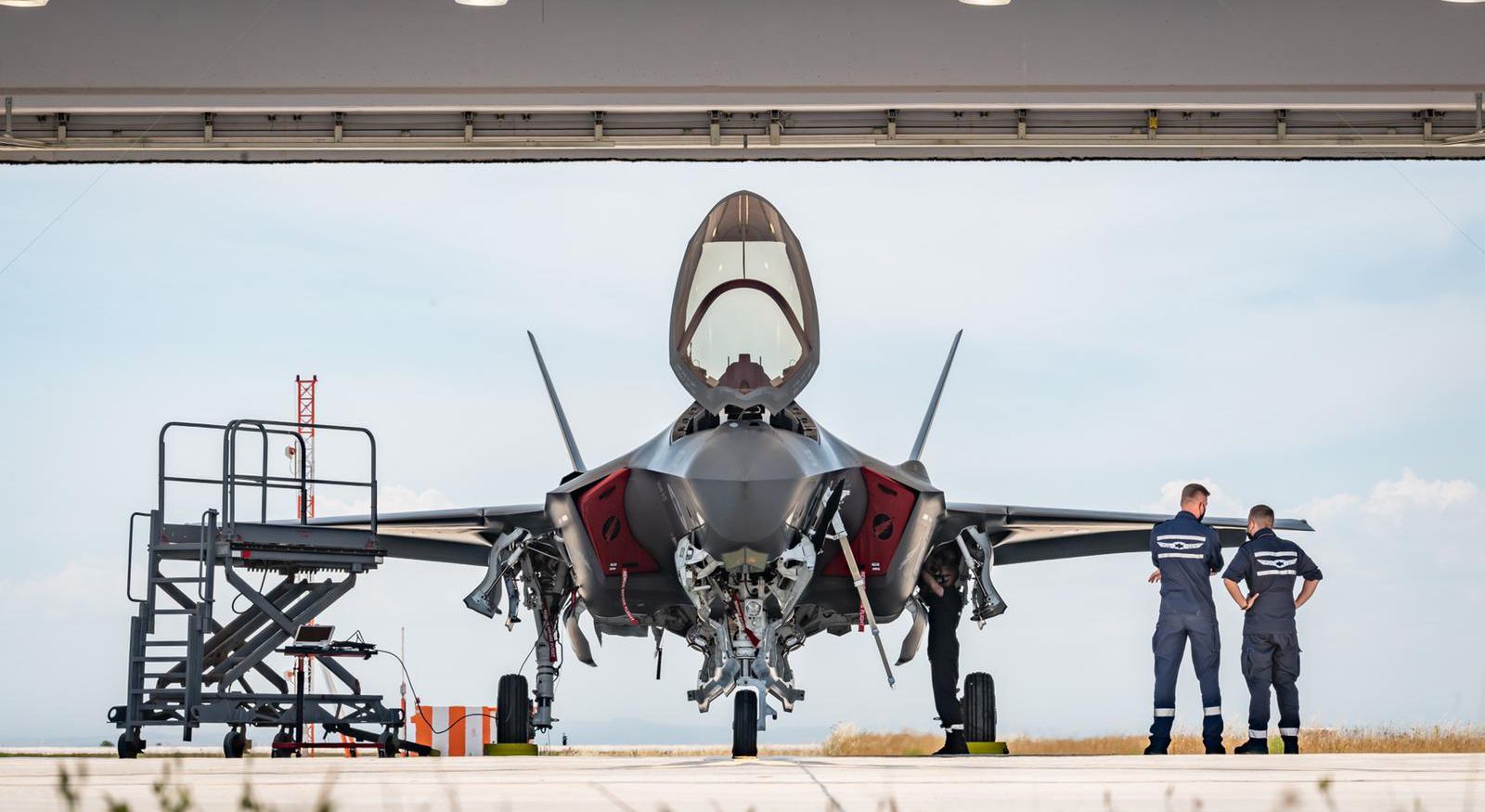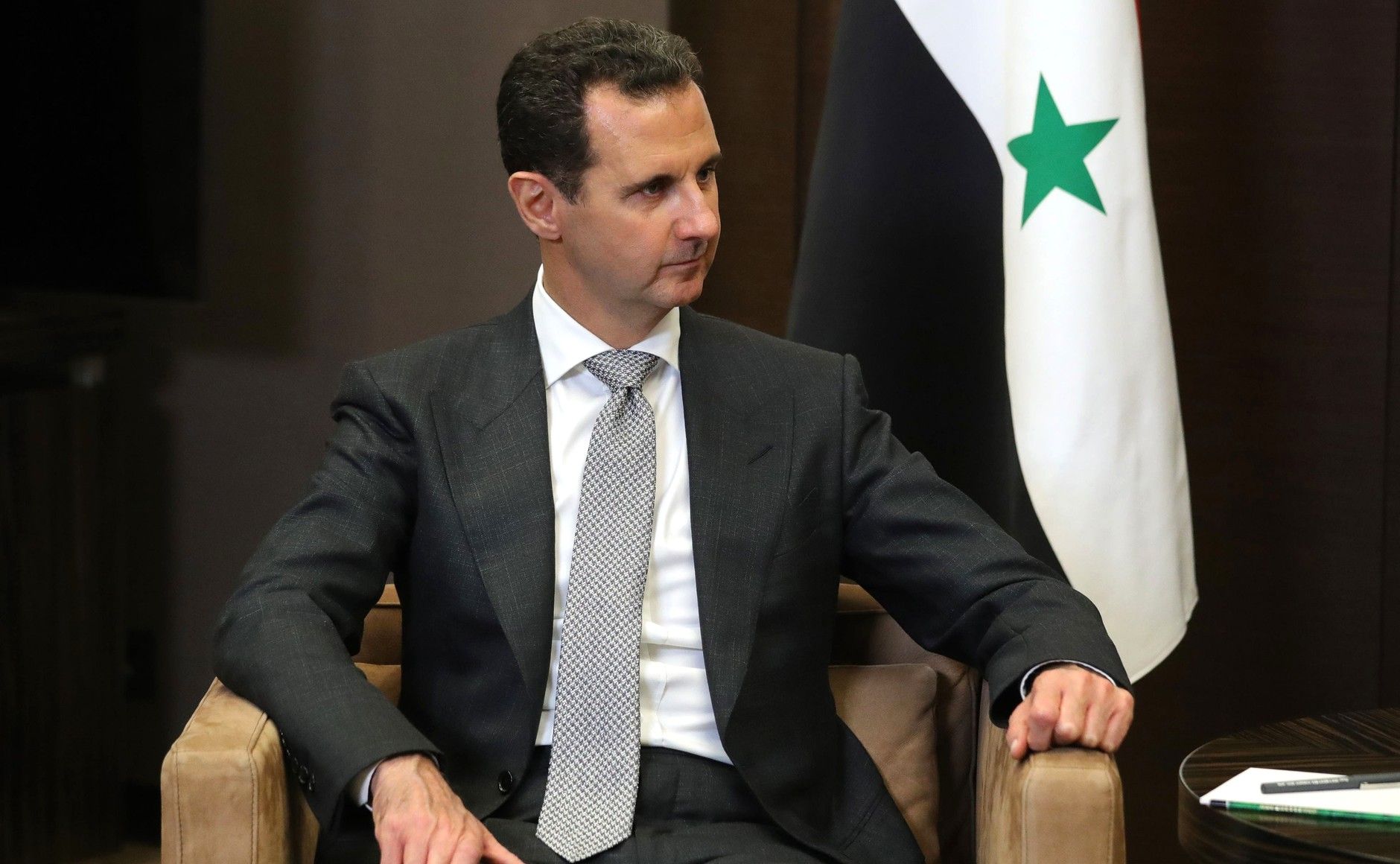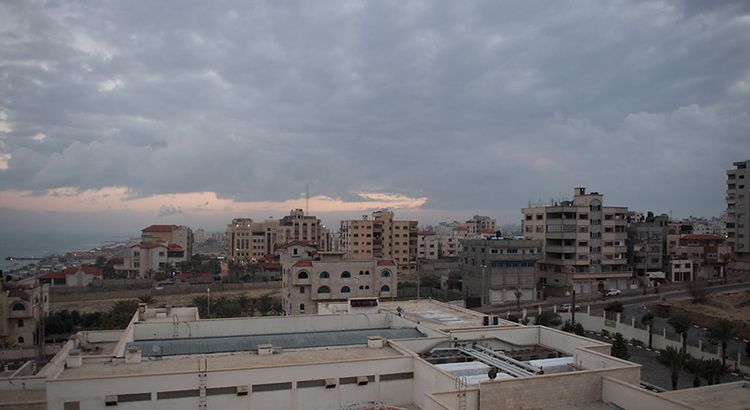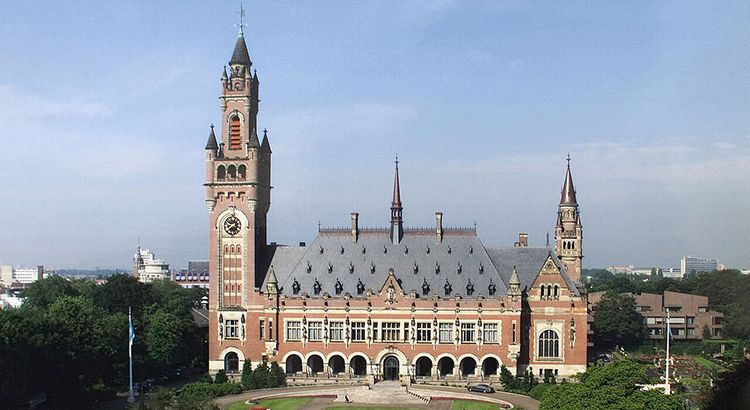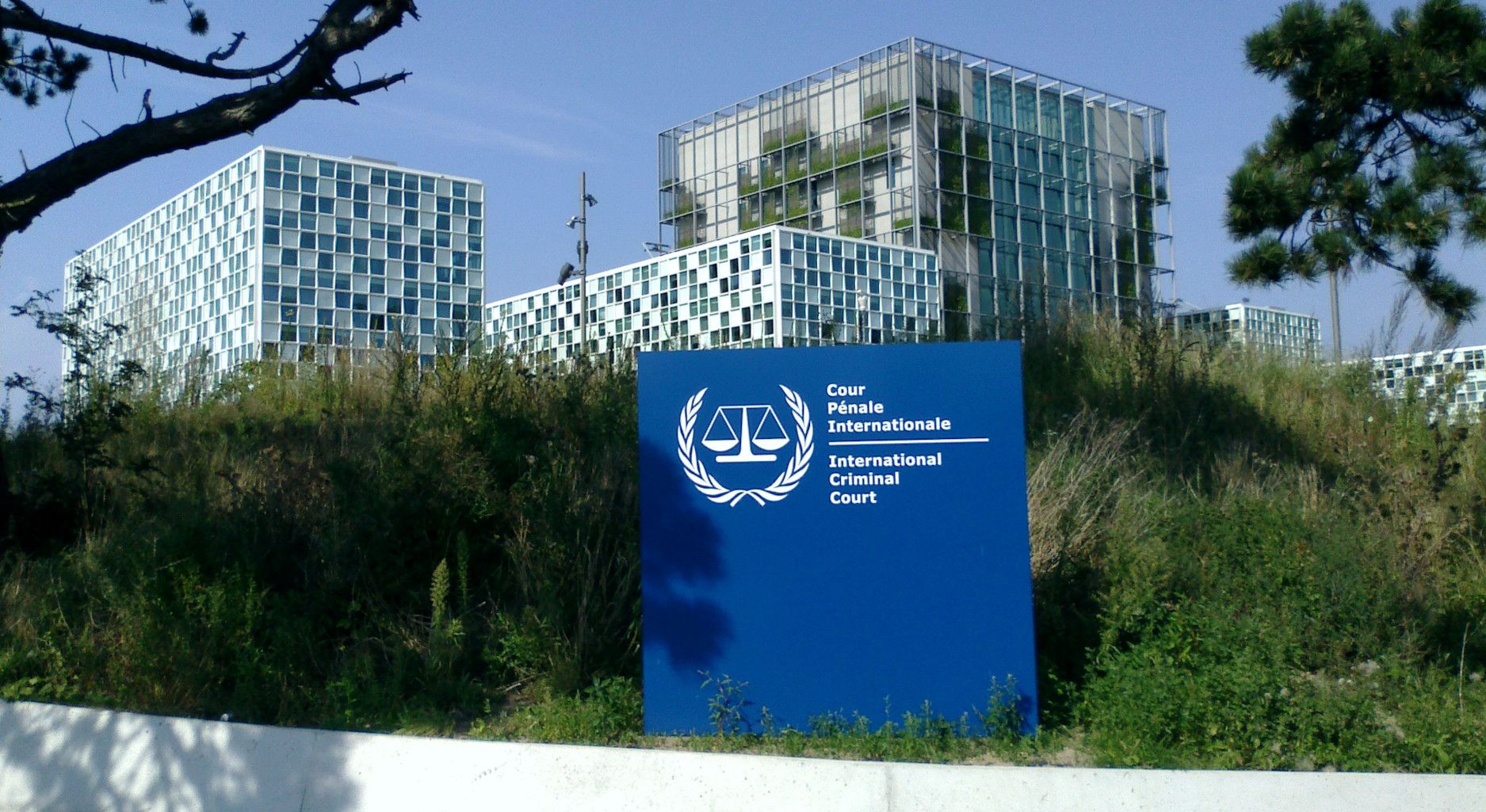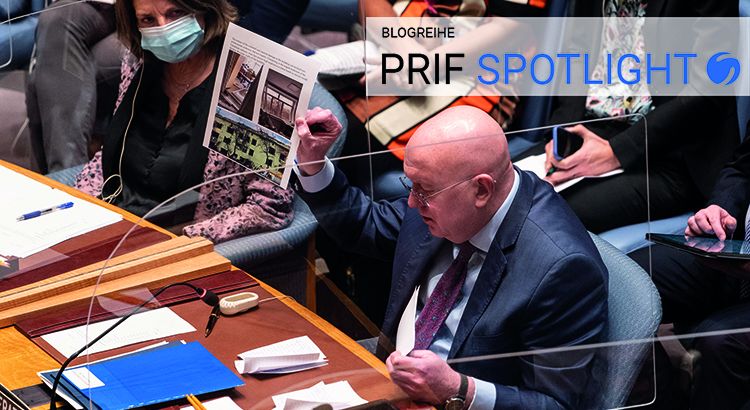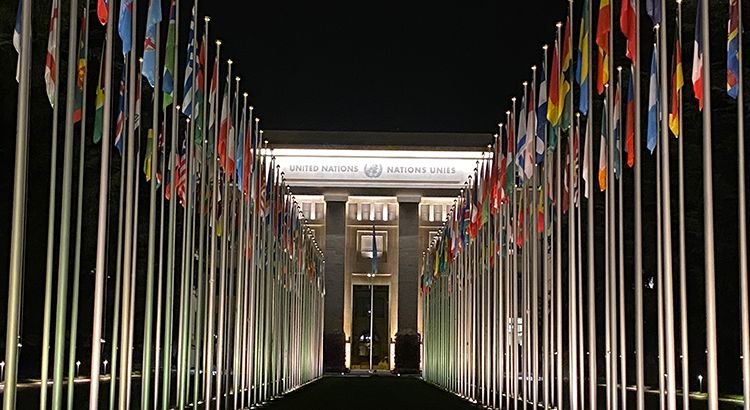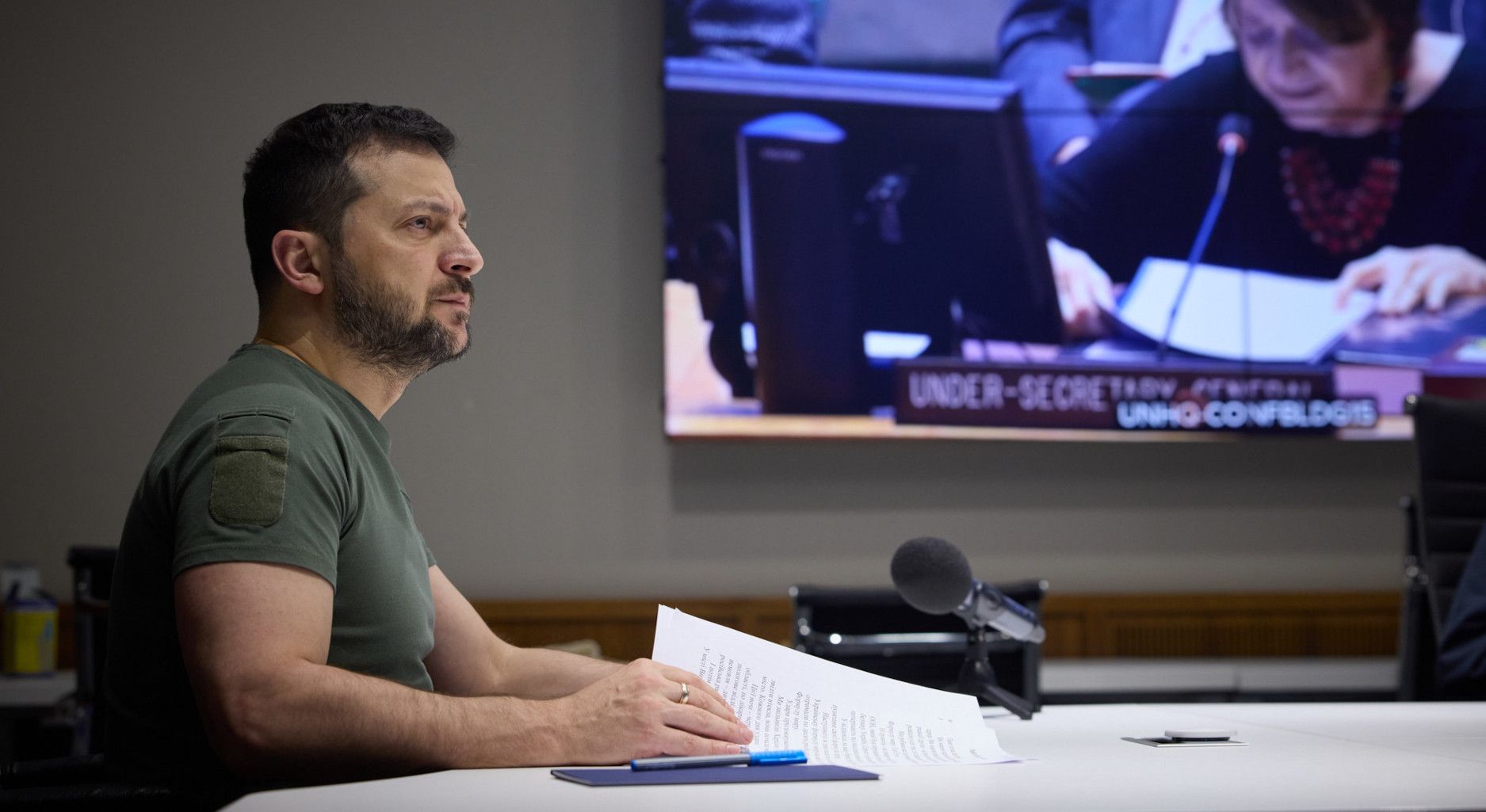Schlagwort: Völkerrecht
Deutsche Debatten über den Israel-Gaza-Krieg verfangen sich oft in polarisierenden Begrifflichkeiten. Das gilt insbesondere für den Streit um das Vorliegen eines Genozids. Abgesehen von der juristischen Einschätzung, die derzeit der Internationale Gerichtshof vornimmt, lenkt eine parallellaufende, polemische Diskussion um den Völkermordsbegriff von den eigentlichen Handlungsprioritäten ab. Der Krieg kostete schon Zehntausende das Leben, noch viel mehr Palästinenser:innen werden an direkten und indirekten Kriegsfolgen sterben. Die Massengewalt gegen Zivilist:innen und der Entzug von Lebensgrundlagen in Gaza müssen sofort beendet werden – unabhängig davon, ob juristisch die Bedingungen für einen Genozid erfüllt sind.
Court Orders Dutch Government to halt the Export of F-35 Parts to Israel: Implications for the War in Gaza and Beyond
In a landmark ruling in mid-February, the Hague Court of Appeal ordered the Dutch government to stop exporting parts for the Lockheed Martin F-35 Lightning II to Israel, citing the risk of serious violations of international humanitarian law if the F-35 were used for airstrikes in Gaza. Although it seems unlikely that the court order will have any significant impact on Israeli air operations, it raises a number of legal and political challenges to the global F-35 program, the U.S. Department of Defense’s most ambitious and most expensive weapons program to date.
The French Arrest Warrant for Assad – Breaking New Ground in the Prosecution of Chemical Weapons Use?
On November 14, 2023, a French Magistrate Judge issued an arrest warrant for Syria´s President, Bashar al-Assad. The Court found sufficient evidence to initiate proceedings against Assad for complicity in war crimes and crimes against humanity, specifically the use of chemical weapons. Yet, as this blog post will point out, Heads of State enjoy certain immunities under international law, which the French arrest Warrant thereby violates. This warrant could, however provide a necessary impetus to re-evaluate how states view immunities.
Mass Evacuations in Israel’s War Against Hamas: Taking Precautions in Attack or Forced Displacement?
The attacks of Hamas against Israel were deeply shocking. Israel has a right to defend itself against Hamas and at the same time it is obliged to protect the civilian population of Gaza as far as possible from harm and injury. But Israel is currently facing a true dilemma. While Israeli Defense Forces try to evacuate as many residents as possible, Hamas uses civilians as human shields, including hostages. The humanitarian situation in Gaza is dire and mass evacuations further exacerbate the problem.
Chemical Attacks under the Convention against Torture: A New Possible Avenue?
On the 8th of June 2023, Canada and the Netherlands initiated proceedings at the International Court of Justice (ICJ) against Syria for violating the Convention against Torture (CAT) by inter alia using chemical weapons against the civilian population. This would be the first time ever that the ICJ had the opportunity to deal with chemical weapons in contentious proceedings. This blog post will briefly summarize the most pertinent legal questions and political implications that arise in the context of the ICJ proceedings. It will be demonstrated that the prohibition of chemical weapons is not based on a single legal framework. Rather, we need to look at the chemical weapons taboo comprehensively and from a perspective of multi-normativity.
Is Antarctica Still Exceptional? The Case for “Co-opetition” at the South Pole
Antarctic diplomacy has famously shielded the continent of peace, science, and environmental protection from outside conflict and war. This “exceptionalism” is now being tested by Russia’s war against Ukraine and the belief that international strategic competition between great powers is spilling over into the Antarctic. In order to keep the Antarctic exceptional, however, it would be wise to refocus on what has made Antarctic diplomacy so successful in the first place: cooperation in order to compete, or “co-opetition.”
Der Haftbefehl des Internationalen Strafgerichtshofs gegen Putin – Eine völkerrechtliche Einordnung
Am 17. März 2023 hat der Internationale Strafgerichtshof (IStGH) Haftbefehle gegen Vladimir Putin und eine Präsidialbeamtin erlassen. Diese Entscheidung hat große Teile der Fachwelt überrascht und wirft einige Fragen auf: Auf welcher Basis kann der IStGH Putin verfolgen? Was wird ihm und der Präsidialbeamtin vorgeworfen? Ist er als amtierender Präsident vor Verfolgung besonders geschützt? Welche Staaten sind verpflichtet, den Haftbefehl umzusetzen? Was sind die politischen Folgen für Putin, das Gericht und das Völkerrecht? Der Blogbeitrag geht auf diese Fragen vor allem aus völkerrechtlicher Sicht ein.
Muddying the Waters: Official Russian Disinformation on Chemical and Biologial Weapons
In the wake of Russia’s invasion of Ukraine, chemical and biological weapons have once again attracted international attention due to disinformation efforts on the part of Russian officials. International forums which oversee the ban on these weapons are being used to accuse Ukraine and its allies of violating their legal obligations. Many of Russia’s accusations regarding chemical weapons resemble the patterns of deception observed in the past, while disinformation on biological weapons is displaying somewhat novel characteristics. Yet, there are tangible ways of counteracting such disinformation, thereby protecting the ban on chemical and biological weapons.
The 9th Review Conference of the Biological Weapons Convention
From November 28 to December 16, 2022, the States Parties to the Biological Weapons Convention (BWC) met in Geneva for the 9th Review Conference. Their task was to review the operation of the BWC and to negotiate a new programme of work for the next five years. Even though the conference took place in a tense geopolitical climate, States Parties agreed some useful measures, such as a new intersessional working group that will address a range of topics including compliance with and verification of the BWC. Despite some shortcomings, the conference outcome represents an achievement considering the current international security and arms control realities.
Der Ukraine-Krieg und das Völkerrecht. Ist das Gewaltverbot nun endgültig tot?
Der Einmarsch Russlands in die Ukraine erschüttert erneut das Vertrauen in das Völkerrecht: Er stellt einen besonders schwerwiegenden Verstoß gegen das Gewaltverbot der UN-Charta dar. Das Gewaltverbot untersagt Staaten die einseitige Androhung und Anwendung militärischer Gewalt außer zu Zwecken der Selbstverteidigung bei einem bewaffneten Angriff (Art. 2, Abs. 4 in Verbindung mit Art. 51). Dieses Verbot hat Russland gebrochen. Versetzt das dem bereits mehrfach totgesagten völkerrechtlichen Gewaltverbot endgültig den Todesstoß?

